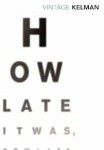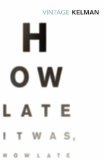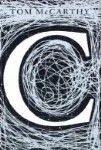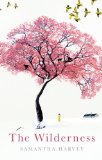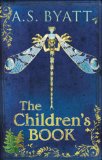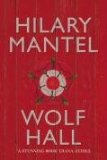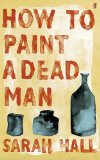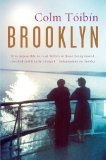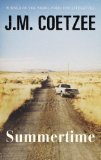This year’s Booker prize has been different from previous years. There were no literary heavy weights guaranteed a place on the shortlist; no book that stood out above the rest before the longlist was announced (mainly because the best books hadn’t even been published then!) I especially enjoyed the pre-longlist discussions as no-one could agree who deserved a place on the list. This meant that the debates were far more interesting than in previous years when the choices seemed obvious. It also meant there was none of the vicious “It’s a travesty that (insert name of well known author) wasn’t longlisted!” Anyone could win and trying to decide who should was an interesting and rewarding experience.
I have now sampled all the books on the Booker shortlist and am impressed by the literary talent on display. They weren’t all to my taste, but the judges have done a fantastic job of selecting books that really are among the best published in the last 12 months.
Here are my brief thoughts on the shortlisted books:

We Need New Names by NoViolet Bulawayo
Five words from the blurb: shanty, Zimbabwe, mischeif, dreams, challenges
We Need New Names begins with a compelling account of a child growing up in a Zimbabwean shanty town. The voice was distinctive, believable and heartbreaking. Unfortunately I found the book deteriorated as it continued. The second half was good, but lacked the originality and the magic spark of the opening. I can’t see this winning the Booker, but NoViolet Bulawayo is an author to watch and I look forward to reading more from her in the future.
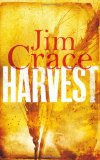
Harvest by Jim Crace
Five words from the blurb: village, outsiders, fire, witchcraft, scattered
Harvest is a beautifully written book that vividly depicts life in a small 18th century English village. It contains themes of belonging and power; weaving them with biblical symbolism to create an impressive, but frequently slow narrative. The plot was too meandering for me, but it had literary depth hiding beneath its deceptively simple plot. I suspect this one will be in the top two and the judges will have an interesting debate about whether or not to award it the title. In the end I suspect it will be pipped at the post.
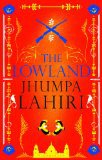
The Lowland by Jhumpa Lahiri
Five words from the blurb: Calcutta, childhood, tragedy, rebellion, transformed
The Lowland is the story of two brothers who grow up in Calcutta. One becomes politically active, whilst the other moves to America to pursue a career in science. The book is beautifully written and contains some poignant scenes, but it failed to hold my attention. I think it would benefit from being shorter, but perhaps I’m just tired of immigration stories? I don’t think this book is bold or original enough to justify a Booker win, but judging panels sometimes work in mysterious ways!

A Tale for the Time Being by Ruth Ozeki
Five words from the blurb: diary, girl, tsunami, change, life
A Tale for the Time Being is an ambitious novel that combines Japanese surrealism with atmospheric Canadian fiction and quantum physics. It didn’t quite work at the end, but I admired the ambition and found the reading experience very enjoyable. I don’t think this book is polished enough to win the Booker, but it was the shortlisted book that I most enjoyed reading and it deserves a wider reading audience than it has had so far.
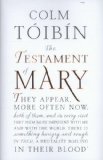
The Testament of Mary by Colm Tóibín
Five words from the blurb: grief, lost, myth, religion, lifetime
The Testament of Mary is a novella about the mother of Jesus Christ. It is a bold, powerful and angry account of Mary’s life after Jesus’ crucifixion. I normally love this sort of dark, emotional writing, but unfortunately I couldn’t connect with Mary and so didn’t care about her story. This book appears to divide opinion so I think it is unlikely to get unanimous agreement from the judges. I see it sitting comfortably in the middle of the list.
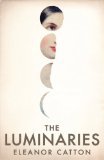
The Luminaries by Eleanor Catton
Five words from the blurb: New Zealand, crimes, vanished, historical, mystery
The Luminaries is a massive book, both in terms of scope and size. It is a beautifully written story of murder and intrigue set during New Zealand’s gold rush. Unfortunately it was too slow for me, but I think the writing quality and vision of this book mean that it is heads and shoulders above the other contenders. I would be surprised if The Luminaries didn’t win the Booker Prize this year.
 All six books from the Booker Shortlist can be bought as a set from The Book People for just £30 – a saving of £65.94 on buying them individually!*
All six books from the Booker Shortlist can be bought as a set from The Book People for just £30 – a saving of £65.94 on buying them individually!*
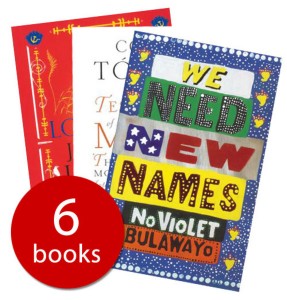
*Full Disclosure: I love The Book People and frequently buy books from them. It is for this reason that I agreed to promote the above set in exchange for a book from their site.
Who do you think will win the Booker Prize?
Do you agree with my prediction?
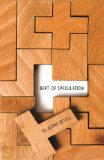

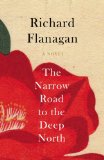
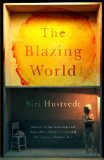
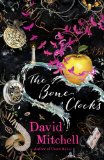

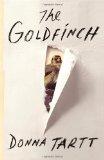
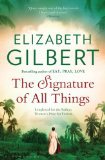
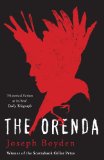
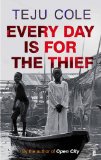
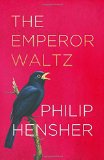
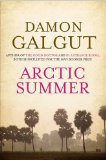
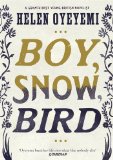
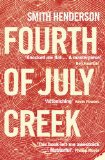








 All six books from the
All six books from the 
